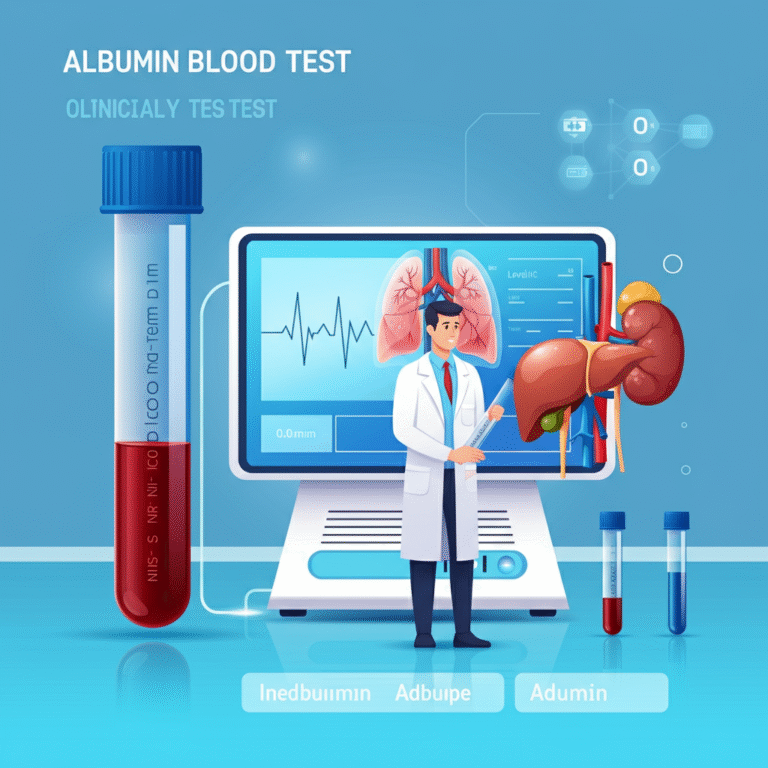In an era marked by rapid technological advancements, the healthcare sector is undergoing a significant transformation. One of the most notable innovations redefining how medical care is delivered is Hospitor — a term that encapsulates the convergence of hospital-grade care and digital smart technologies. As healthcare systems worldwide strive to become more efficient, accessible, and patient-centered, Hospitor is emerging as a game-changer. This article explores what Hospitor is, how it functions, its benefits, and the future it holds in shaping a smarter healthcare ecosystem.
What Is Hospitor?
The term Hospitor is a blend of “hospital” and “monitor,” symbolizing the shift toward smart, technology-enabled healthcare platforms that offer clinical services beyond the traditional hospital setting. Hospitor refers to a digital infrastructure or virtual medical ecosystem where patients can receive consultations, monitoring, diagnosis, and even treatment, often remotely, without stepping into a physical hospital.
Hospitor is not just a virtual clinic — it’s a comprehensive system integrating telemedicine, AI diagnostics, IoT-powered medical devices, remote patient monitoring, and cloud-based medical record systems. It’s essentially the hospital of the future, operating in the present.
The Technology Behind Hospitor
The backbone of Hospitor lies in a fusion of several cutting-edge technologies. Here’s a look at the key components:
-
Telemedicine Platforms
These allow patients to consult with healthcare providers via video calls or messaging services. Integrated scheduling, e-prescriptions, and follow-ups are standard features. -
Artificial Intelligence (AI)
AI-driven systems assist in diagnostics, triaging, and predictive health analytics. Machine learning algorithms analyze patient data to detect anomalies early. -
Internet of Medical Things (IoMT)
Smart devices such as wearables, glucose monitors, heart rate sensors, and connected inhalers transmit real-time health data to healthcare professionals. -
Electronic Health Records (EHRs)
Cloud-based EHR systems enable seamless access to a patient’s medical history, test results, prescriptions, and doctor notes across multiple platforms. -
Data Security Infrastructure
End-to-end encryption and blockchain technologies ensure the secure handling of sensitive patient data in compliance with global standards like HIPAA and GDPR.
How Hospitor Works
Hospitor platforms typically operate through mobile or web-based applications, allowing users to sign up, enter medical histories, and schedule consultations. Here’s a simplified step-by-step flow:
-
User Registration & Profile Creation
Patients sign up and input demographic and medical data. -
Smart Triage
An AI system asks preliminary questions to assess urgency and direct the case to the appropriate specialist. -
Live Consultation or Chat
Users connect with doctors in real-time or asynchronously, depending on the issue. -
Remote Diagnostics
For patients using smart devices, vital stats are shared directly with doctors. -
Treatment & Prescription
Doctors provide treatment plans and digital prescriptions, which can be sent directly to partner pharmacies. -
Ongoing Monitoring
For chronic conditions or post-surgical recovery, patients may be continuously monitored via wearable devices, with alerts sent to doctors if needed.
Benefits of Hospitor
1. Accessibility
One of the most significant advantages of Hospitor is global accessibility. Patients in rural or underserved areas can receive high-quality care without traveling long distances.
2. Affordability
By minimizing overhead costs like hospital infrastructure, Hospitor can offer medical consultations and diagnostics at lower prices, increasing affordability for millions.
3. Efficiency
Hospitor drastically reduces wait times, automates administrative tasks, and streamlines the patient journey, enabling healthcare providers to see more patients in less time.
4. Personalization
AI and data analytics allow for personalized care plans tailored to each patient’s health profile and real-time data.
5. Continuity of Care
With consistent digital records and monitoring, Hospitor promotes a continuous care model that is especially beneficial for managing chronic illnesses.
Use Cases of Hospitor in the Real World
Chronic Disease Management
Patients with diabetes, hypertension, or COPD benefit immensely from Hospitor services, as wearable devices track their condition and adjust care plans dynamically.
Mental Health Services
Hospitor has democratized access to therapists and psychiatrists, reducing the stigma and logistical challenges of in-person mental healthcare.
Post-operative Care
After surgery, patients can be monitored remotely for signs of infection or complications, minimizing unnecessary hospital readmissions.
Emergency Triage
Some Hospitor platforms offer AI-based triage for minor emergencies, advising patients whether to seek ER services or handle issues at home.
Challenges and Concerns
Despite its many benefits, the Hospitor model faces several hurdles:
-
Digital Divide
Not everyone has access to smartphones, stable internet, or digital literacy, especially in developing regions. -
Licensing and Jurisdiction
Doctors consulting across borders may face legal restrictions or licensing issues. -
Data Privacy
Ensuring end-to-end security of sensitive medical data remains a top priority — and a persistent concern. -
Clinical Limitations
Some conditions still require in-person diagnostic tests, imaging, or surgical procedures, which a Hospitor system can’t fully replace.
Hospitor vs. Traditional Hospitals
| Feature | Hospitor | Traditional Hospitals |
|---|---|---|
| Location | Virtual, accessible anywhere | Physical, often region-specific |
| Consultation | Online via video/audio/chat | In-person, face-to-face |
| Cost | Typically lower | Higher due to facility costs |
| Monitoring | Real-time via IoT | Periodic during visits |
| Availability | 24/7 in many platforms | Limited by hospital hours |
| Record-Keeping | Centralized, cloud-based | Often siloed, physical or local EMR |
The Future of Hospitor
Hospitor is not just a passing trend — it represents a fundamental evolution in healthcare. As 5G technology becomes more widespread, augmented reality (AR) and virtual reality (VR) could further enhance Hospitor capabilities, enabling virtual surgeries, simulations, and immersive therapy.
We may also see more integrated health ecosystems, where insurance companies, pharmacies, and labs are fully linked with Hospitor platforms. This would allow a seamless health experience, from diagnosis to delivery of medicine.
The advent of digital twins — virtual replicas of a person’s biological systems — could also work hand-in-hand with Hospitor to predict diseases before they occur and personalize care down to the gene level.
Conclusion
Hospitor is ushering in a new era of smart, patient-centric, and tech-driven healthcare. By blending virtual consultations, AI diagnostics, wearable technologies, and secure health records, it’s redefining what it means to receive medical care in the 21st century. While challenges remain, the potential of Hospitor to increase access, reduce costs, and improve outcomes is enormous.
As this innovative model continues to evolve, both patients and providers must adapt to harness its full potential — making healthcare not just smarter, but more equitable, efficient, and empowering for all.








